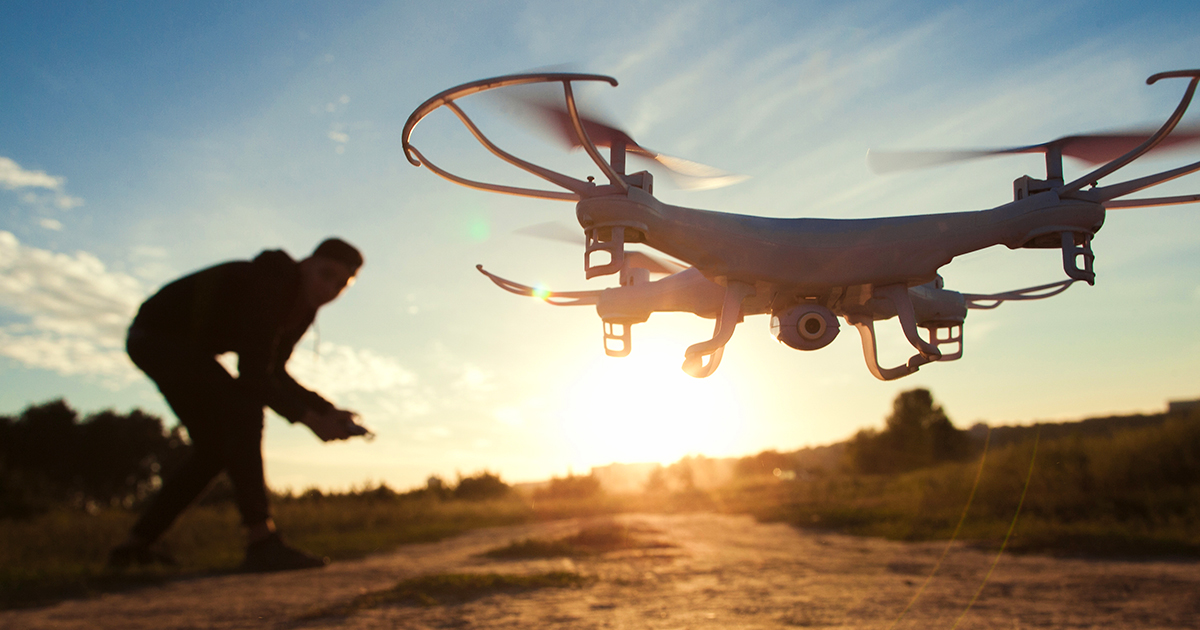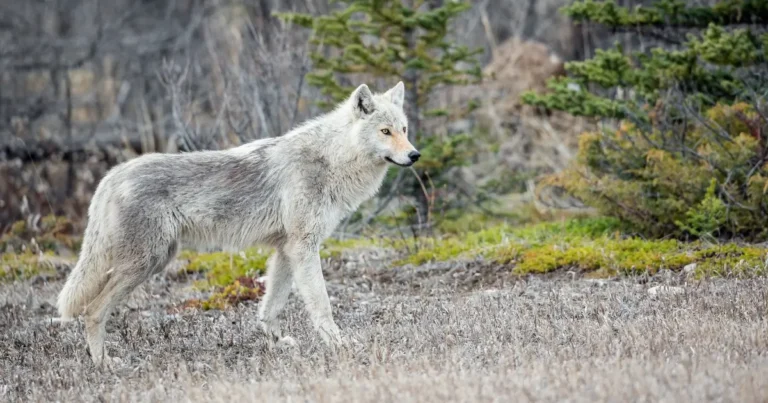
The appeal of having a bird’s eye view of pristine wilderness and wildlife is strong – but the use of drones (remote control flying devices that often have high resolution cameras attached) can create a plethora of trouble.
A video of a grizzly bear and her cub climbing a snowy slope hit social media and immediately went viral, though now experts are warning that the drone used to capture footage could have led to disaster.
We could all learn a lesson from this baby bear: Look up & don't give up. pic.twitter.com/nm0McSYeqY
— IMHIM (@ziyatong) November 3, 2018
“I can certainly see that the animals are agitated, and that is evidence that the female keeps looking up at the drone,” Clayton Lamb, a PhD candidate at University of Alberta told The Toronto Star. “The mother swats at the cub, which I interpreted as trying to move the cub away from (the) trajectory of the drone as it’s about to approach. I think the drone definitely put these animals at risk. I think that cub could have been severely injured, or potentially killed if it went off that cliff.”
Lamb isn’t alone.
“I found it really hard to watch,” Sophie Gilbert of the University of Idaho told The Atlantic. “It showed a pretty stark lack of understanding from the drone operator of the effects that his actions were having on the bears.”
In a 2015 study, researchers found that even if animals don’t show a behavioural change to the presence of a drone, there can certainly be a physiological impact. The most significant change was a mother bear whose two cubs were nearby. Her heart rate jumped an uncanny 400 per cent when the drone hovered above her.
Drones can be tools of science and wonderful photography and videography that give us insight into the wonder of nature. But they can also put animals at risk in ways we can’t predict. The Fur-Bearers ask that any drone users be aware of the potential consequences they have on the environment around them, and always respect the animals enough to give them the space they deserve.
pleaseclick hereand help us save lives today.

